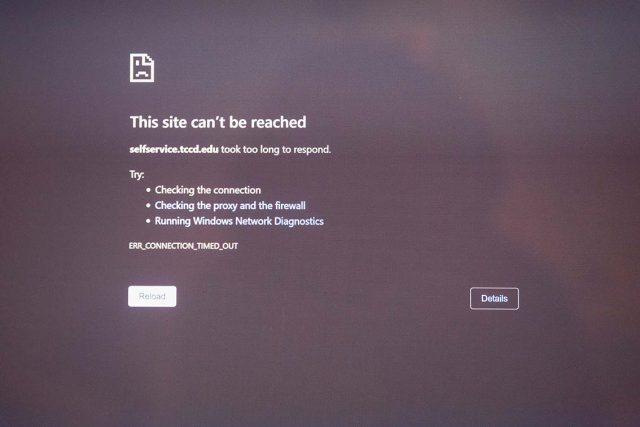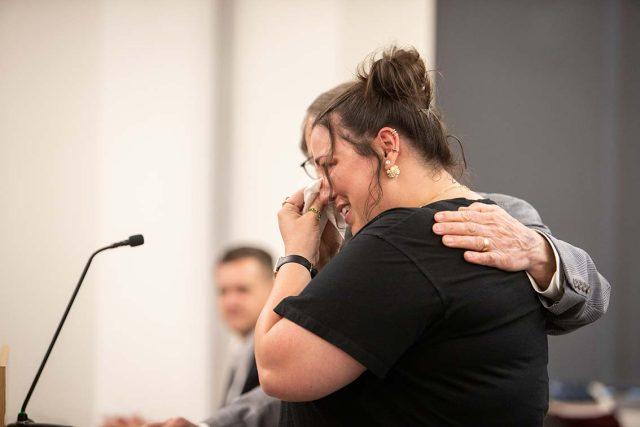
Newsfeed. Students can work on the Newsfeed to get on-the-job experience.
KJ Means/The Collegian
KEYLA HOLMES
campus editor
keyla.holmes@my.tccd.edu
Many students are experiencing a phase of transition – becoming more independent as they step into adulthood.
“Adulting”, a popular term used to describe new adults subscribing to a new lifestyle and leaving experiences associated with childhood behind, can be difficult. Especially when trying to balance multiple facets of one’s life, such as school, work, hobbies, friends and family.
“Some tasks I consider to be ‘adulting’ are getting your oil changed, paying your taxes on time, or being early to a meeting at work,” NE Anna Jones said.
She thinks “adulting” is problem solving, being punctual and accountable.
Jones is a part-time student and full-time hairstylist. She said that managing time is a hard skill to master, but she’s learned that doing small tasks throughout the week works better for her than doing the bulk of her tasks in one day.
“Taking an hour to clean my house every night instead of taking one day of the week to clean, or studying for smaller amounts of time after work instead of skimming over the day before the test,” Jones said. “Getting myself on a strict routine was the best way for me to understand how to balance my life.”
Finding the time to do school work while working can be stressful.
“I do my homework during breaks or after school,” SE student Pauline Pham said. “I always feel like I’m in a time crunch, so that kind of sucks but I just kind of have to deal with it.”
Pham takes classes Tuesdays and Thursdays while working two jobs. She said that while balancing school and work is manageable, her high school experience didn’t prepare her well for life after graduation.
“I don’t think high school prepared me because I graduated COVID year, so I was just at home and then I got sent straight into college,” she said. “It was an adjustment.”
Having a strong support system can be imperative during times of change and growth. NE assistant professor Mary Buck said having a strong social support system helps reduce stress, increases life satisfaction and well being.
“In times of transition having good social support is key,” Buck said. “So, use your resources and seek advice from family and friends.”
When it comes to managing money, Jones said what advice she’d give to those who are new to budgeting.
“The best advice I can give to someone who is learning to manage their money for the first time is ‘it’s not what you make, it’s what you spend’,” she said. “Not saying you can’t treat yourself, or buy nice things, but genuinely be conscious about the money you are spending and always pay your bills first.”
Knowing that asking questions is okay is something Pham said is important for students to be aware of.
“Always ask questions,” she said. “Don’t be afraid to ask people that are older than you questions because they’ve been where you’re at and can help you.”
For those who feel unsure or anxious about where they are in life Jones said what she’d want students to know about success, and appreciating what you do have.
“If I could give some advice to students who are nervous about becoming independent I would tell them that it’s okay to make mistakes and ask questions,” she said. “That’s how you learn. Success looks different for everyone, so take the time to learn what yours looks like and be grateful for everything because it can always be worse.”




































